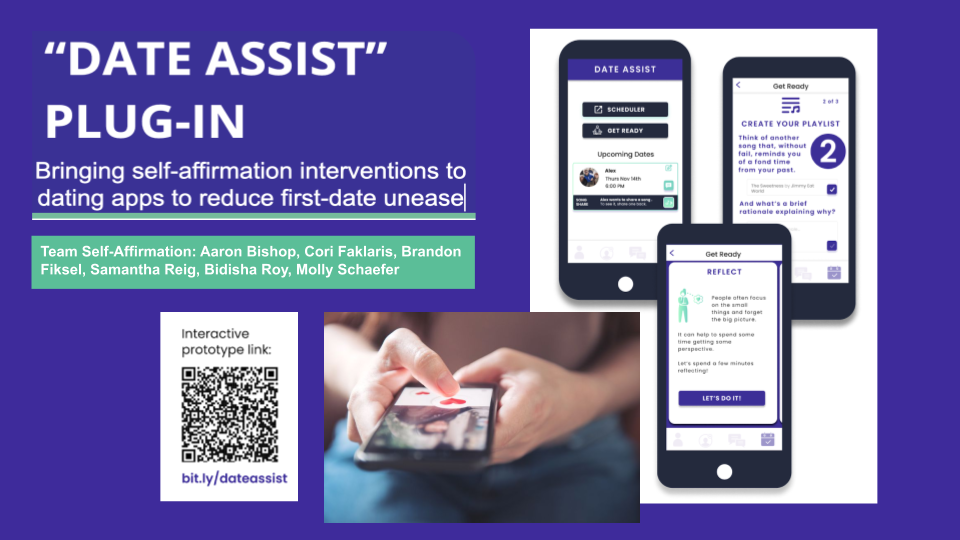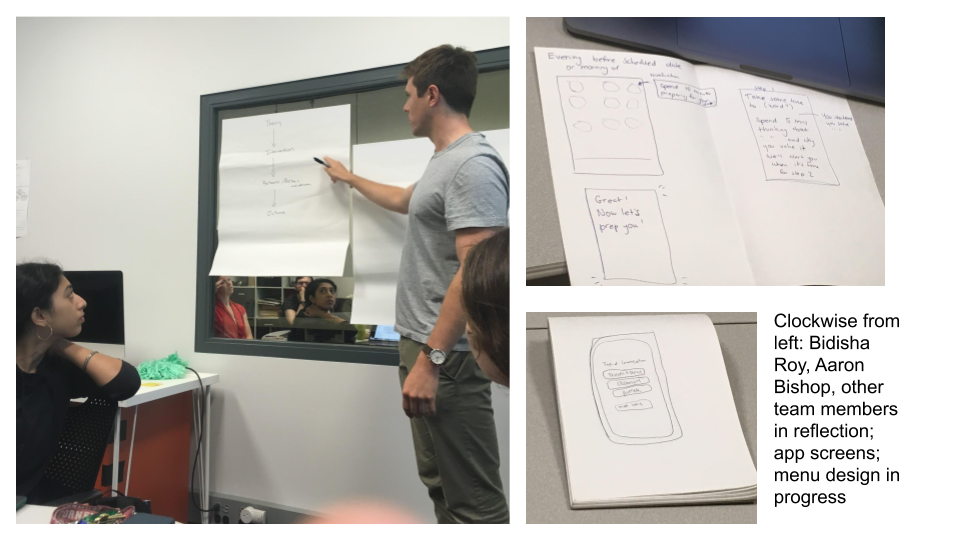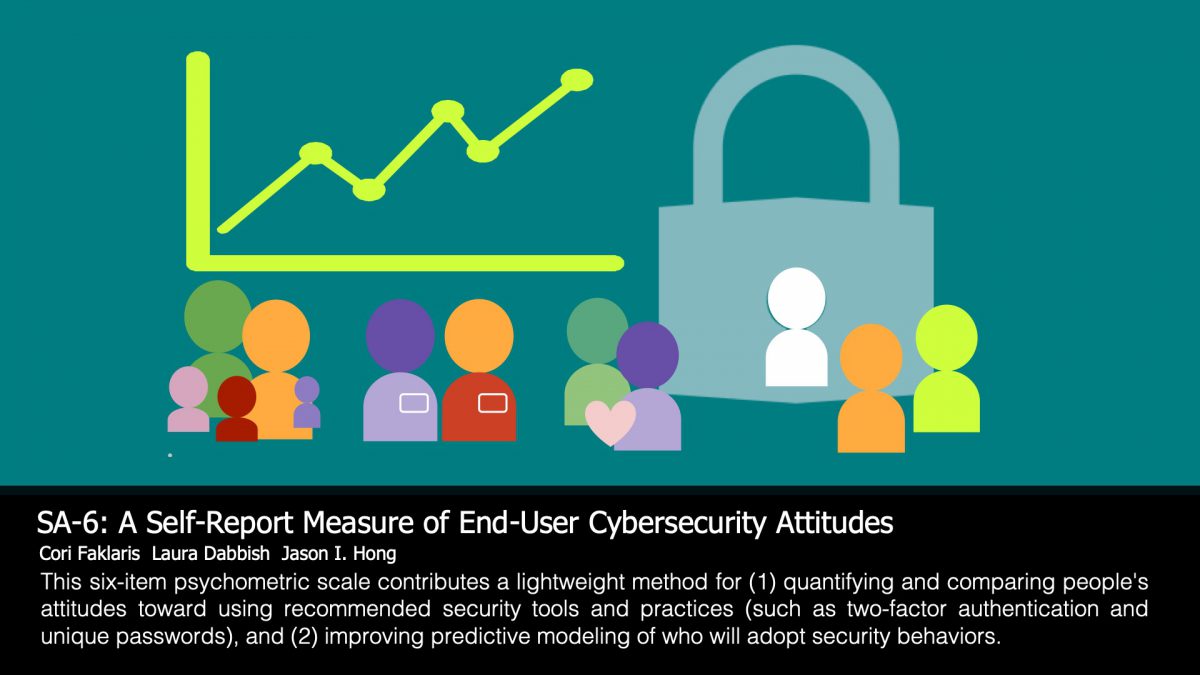Yes I am STILL taking courses towards my doctorate in human-computer interaction (HCI) here at Carnegie Mellon! It’s annoying that my department does not count my 2017 master’s degree in HCI from Indiana University as an acceptable credential. The flip side, though, is that I have experience with group projects, so these feel like a breeze – plus, I get to meet and work directly with PhD students outside my area and with our amazing master’s degree students!
The following is a blog post that we created for our final project in Persuasive Design in HCI, taught by Geoff Kaufman. My teammates are Aaron Bishop, Brandon Fiksel, Samantha Reig, Bidisha Roy, and Molly Schaefer.

Having anxiety about meeting the right romantic partner in today’s online dating apps? You’re not alone. A Google search of the phrase “online dating is stressful” yielded close to 10 million results! Moreover, our research shows that young adults in a college setting struggle with three issues with dating: finding a mutually agreeable time for the first date, bolstering their mental state before the date, and coming up with conversation starters during the date.
Enter “Date Assist.” Our plugin for online dating apps uses a touch-screen calendar interface to help you and that special someone easily find a meeting time that works for both. Once the date is scheduled, we help you remember what’s most important to you with a simple quiz about your values. We also help you to build a personalized, meaningful playlist to get you feeling great before your date — and, if you so choose, to share one of your favorite songs to break the ice and ease conversation. Finally, we push out reminders to you that help you to stay positive and remember: you’re a catch!
- Link to our interactive prototype: https://www.figma.com/proto/L9RBjxlZUoiMyBuOFkSUDj/Self-Affirmation-Prototypes?node-id=663%3A6253&scaling=scale-down
The psychological mechanism that our “Date Assist” plugin uses is called self-affirmation. In this process (Steele, 1988), a person reflects on valued aspects of the self, allowing those positive aspects to counter the negative effects of seeing other aspects of the self as negative. Such a reflection in one domain can reduce threats in unrelated domains by shifting from a narrow focus on the immediate threat to an expanded perspective of one’s self-worth.
Our “Date Assist” plugin was developed in Sept.-Dec. 2019 using an iterative, user-centered research and design process:
- We identified the need to test a self-affirmation in a context that is a threat to an individual’s positive self-concept.
- We found a novel research domain for this threat — first dates — that is relevant to the research population that we have immediate access to, young adults.
- We used interviews to define this population’s need for help in finding a mutually agreeable time for the first date, in bolstering their mental state before the date, and in coming up with conversation starters during the date.
- We created sketches and gathered user feedback. We then consolidated these into a high-fidelity prototype with the Figma collaborative design tool.
- To test the effectiveness of “Date Assist,” we propose a large-scale 4×2 experimental study.

Our process gives us confidence that “Date Assist” can make two contributions to the fields of psychology and human-computer interaction. First, our research extends the existing literature on self-affirmation to the context of online dating. Second, our research provides a novel operationalization of self-affirmation with the creation of the “Date Assist” plugin.
Most importantly, our work may significantly improve the experiences of those who seek romantic connections via dating apps. We hope that “Date Assist” helps to ease the stressful process of finding love and companionship for brave first-daters everywhere!
